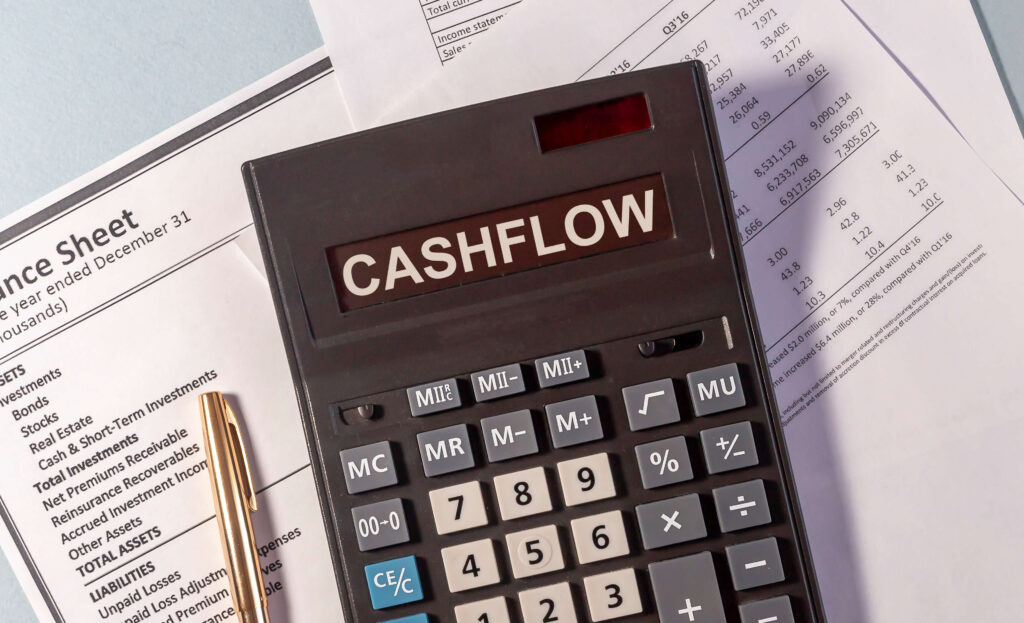
The world of real estate is fast-paced and has a language all its own. As a first-time property investor and landlord, it’s important to become familiar with real estate terminology.
Not knowing the basics of real estate language could lead you to make some uneducated and grave mistakes. Fortunately, you just have to learn and study these terms to fully understand if you’re investment is a good idea or not.
Below we’ve defined 17 important real estate terms every landlord and rental property investor should know before closing on a property.
1. Appreciation
Every property investor’s goal is to sell their property for more than they originally bought it for. This is known as appreciation. This increase in value can be credited to renovations to the property, added amenities, or the location.
2. Amenities
Pools, finished basements, security systems, and the like are all amenities. Amenities are features of the property or the neighborhood that influence the price or value of the property. To increase the property’s value and rent, you can add desirable amenities.
3. Capitalization Rate
Also known as “cap rate,” the capitalization rate is a way to evaluate your rental property investment. To calculate this rate, divide the net operating income (NOI) by the property’s purchase price. This will then give you a percentage. The higher the percentage, the riskier the investment. The lower the percentage, the safe the investment. Use this formula to determine whether or not a property meets your investment needs.

4. Cash Flow
Cash flow refers to the money or profit you make each month from your rental when you have tenants living in it.
5. Comparative Market Analysis (CMA)
When purchasing a property, be sure to run a comparative market analysis (CMA) to determine the property’s value within the current market. This analysis compares other similar properties in the area which have recently sold. A fair price is then determined from these results.
6. Equity
The ownership you have in your property is called equity. If you have a mortgage, it is determined by how much of the loan you have paid off. Once you finish paying off the mortgage, you will own 100% equity in the property.
7. Eviction
Hopefully, you don’t have to experience this term, but it’s important to know. An eviction takes place when a tenant breaches the lease, and the landlord goes through a process to make them leave the property. This is a long, complicated, and expensive process that requires legal assistance and court appearances.
8. Fair Housing Act
It’s also important to be aware of real estate laws, especially the Fair Housing Act. This piece of legislation, which was enacted in 1968, protects certain classes of people from housing discrimination. These protected classes include race, sex, color, familial status, religion, national origin, and disability.
9. Lease
A lease is a legally binding written agreement between the property owner, referred to as the lessor, and the tenant, also known as a lessee. This document must include the address of the property, the term of the lease, amount of rent owed and when, and both parties’ names.
10. Maintenance Request
Part of being a landlord is making property repairs when something breaks. When a tenant asks for something to be fixed, it is known as a maintenance request. Sometimes you can make the repair on your own, but other times you may need to call a professional.
11. Net Operating Income (NOI)
The net operating income (NOI) is all of the costs required to operate the rental property. These costs include HOA fees, utilities, property taxes, and insurances. It does not include the monthly mortgage payments.

12. Property Manager
One of the most helpful and appreciative services landlords can use is a property manager. Property managers fully manage and maintain a rental property, including acquiring tenants, collecting rent, conducting routine inspections, and scheduling repairs.
They are a middleman between the landlord and the tenant. Benefits of hiring a property manager include creating passive income and not having to handle small details concerning the property.
13. Remote Investing
Many first-time property investors choose to invest in the area where they live. Often, this is because they want to keep an eye on the property and have a hands-on approach. However, remote investing refers to when an investor purchases a property in an area other than where they live.
For example, if an investor who lives in Los Angeles finds the real estate market in Phoenix is booming with opportunity and purchases a rental property there, they are remote investing. In these cases, the owner would hire a property manager to take care of the property and manage it.
14. Return on Investment (ROI)
The return on investment refers to the profit you have made on your investment. After subtracting all the operating costs from your rental income, it’s the amount you have leftover.
15. Security Deposit
State laws determine the deposit amount landlords can ask from their tenants as a security deposit. The landlord holds on to this deposit and uses it at the end of the lease if the tenant has left damage to the property. If no damage is present, the tenant receives the deposit back in full.
If there are damages, the landlord must have an itemized list of the repair costs deducted from the security deposit to give to the tenant.
16. Tenant Screening
Before landlords decide to lease their property to a tenant, they conduct a tenant screening process. This process examines the potential tenant’s background, criminal history, credit report, and finances.
17. Turn Key Property (TKP)
A turn key property is when an investor purchases a property, renovates it, rents it to a tenant, and then sells it to another investor. This can be good for first-time landlords because the property already comes with a tenant living in it.
However, you must be careful because you did not run the tenant screening process and do not know who they are. Ask the current owner for the screening report to help you determine whether or not this investment is right for you.
Create Passive Income with Real Property Management
Are you looking to diversify your portfolio and create a passive stream of income with a rental property in Phoenix Valley? Real Property Management can help you meet your goals!
Our professional property management team will handle the operation and maintenance of your rental property so you can sit back and relax.
Contact us to see how we can help you maximize your ROI and enjoy your investment today!

